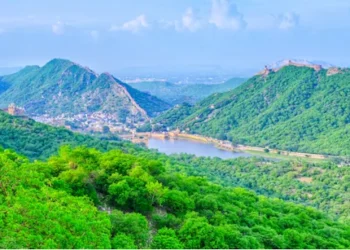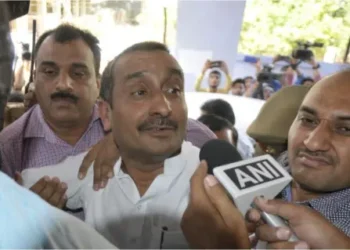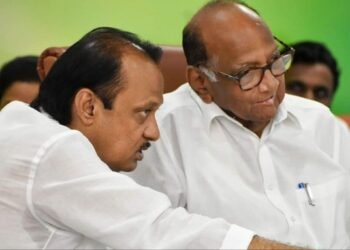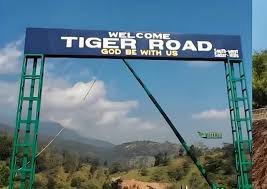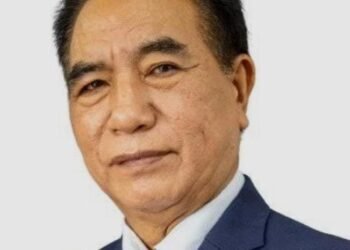The annulment of the agreement comes after days of high-level dialogue between Tangkhul and Kuki leaders over the Mongkot Chepu incident.
BY PC Bureau
July 3, 2025 —: A controversial agreement between tribal leaders in Manipur’s hill district has been formally withdrawn, following widespread anger from Kuki groups who said it threatened their rights over ancestral land and village autonomy.
The conflict began on June 27, 2025, when Tangkhul body served an ultimatum against Kuki movements in Ukhrul district and along NH-202 , following an attack on Naga commuters by kuki mob on a Winger that injured a woman and the driver. The Kuki chief of Mongkot Chepu Village was also accused of abusing the nagas in an inebriated state.
READ: Manipur Scrambles to Track Burnt, Looted Homes for SC’s Case
The Tangkhul Naga Long (TNL)—an influential Naga civil body— accused the village of illegally occupying land and demanded documentation. In response, a written “undertaking” was signed on June 28 by the village chief under pressure.
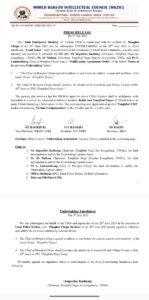
This undertaking included two key conditions:
- That the Chief of Mongkot Chepu must honor the culture and land ownership traditions of the Tangkhul Nagas.
- That the village must submit detailed household and census information to the TNL within 48 hours.
These clauses sparked outrage from Kuki civil society organizations (CSOs), who argued that the agreement was signed under duress, violated their community’s dignity, and challenged their rightful ownership of land they’ve inhabited for generations. They also raised concerns that this could set a dangerous precedent in inter-tribal relations.
READ: In a Rebuff to China, Dalai Lama Says Tibet Will Choose His Successor
To ease tensions, a joint emergency meeting of Kuki organizations was held on July 2, where it was unanimously agreed to annul the previous undertaking. On July 3, a formal annulment document was signed at Litan Police Station, withdrawing both conditions from the June 28 agreement.
The revised statement, endorsed by both Kuki and Tangkhul leaders, emphasizes restoring peace and mutual respect. It also includes an agreement to withdraw all FIRs (police complaints) filed in connection with the incident and appreciates the Tangkhul side for reducing victim compensation demands from ₹5 lakh to ₹2 lakh.
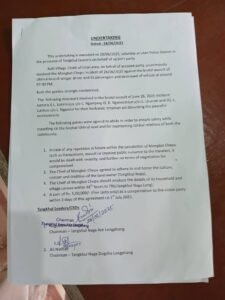
The Mongkot Chepu episode, though localized, reflects deep-rooted tensions over land, identity, and autonomy among Manipur’s tribal groups. Manipur has long struggled with fragile peace among ethnic communities such as the Kukis and Nagas, especially in border regions like Ukhrul-Kamjong.
This peaceful resolution comes at a time of larger unrest in the state. It shows that dialogue, compromise, and leadership accountability can prevent isolated incidents from spiraling into broader ethnic conflicts.



